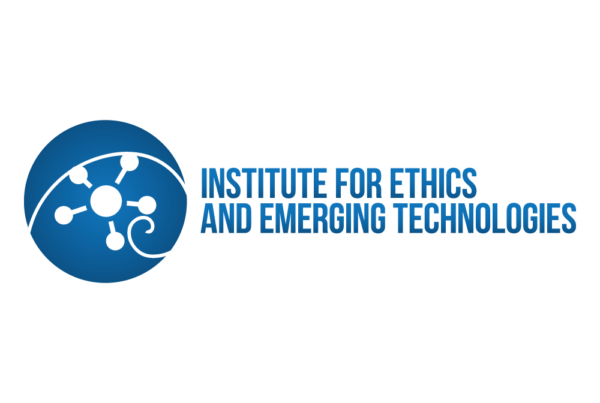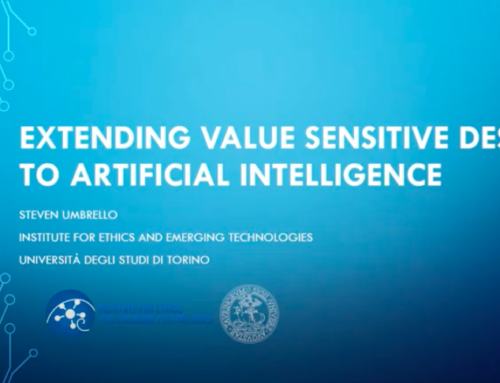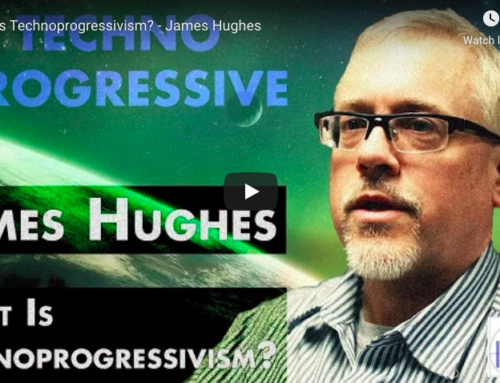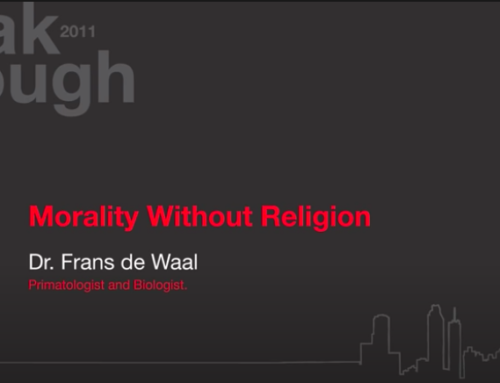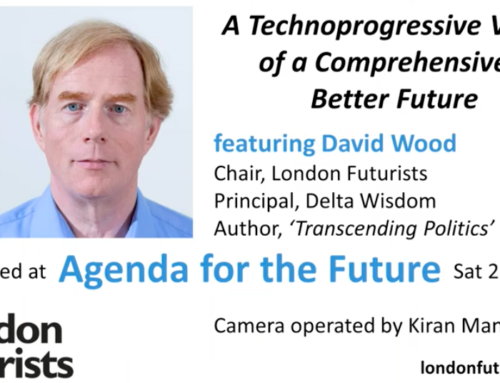Over the last few weeks I’ve discussed the recent UN report on the destruction of the ecosystem, and Jared Diamond’s and Bill McKibbon’s worries about whether the human race we will survive our current crises. I began these discussions about the end of life on earth like this:
Lately, I’ve found myself thinking about the end of the world. No, not the “Jesus is coming back” end of the world—which is obviously nonsense—but the end of human life brought about human activity. Yes, we are living in the Anthropocene, “an epoch dating from the commencement of significant human impact on Earth’s geology and ecosystems, including, but not limited to, anthropogenic climate change.” (Wikipedia)
I would now like to offer my own brief reflections on how we should respond to the ecological crisis. (For the moment I’ll ignore other existential risks like nuclear war, pandemics, asteroids, etc.) My initial response is “if the world is going to end, there is little I can do about it and if not’s going to end then I’m wasting my time worrying about it.”
Of course, this assumes a (somewhat) fatalistic perspective. The earth and the life on it aren’t predetermined to end or not end. Its fate depends on the choices we make. So we can, collectively, do something about it. Will we? I don’t know. That depends largely on whether we can solve the problem of collective action. In the interim, I’m left where I began, doing what little I can to call attention to these issues while, at the same time, trying to enjoy my life and help those within my sphere of influence, primarily my family.
I admit to having often wondered if, on balance, it would be better if humanity went extinct. (I’ve written on this topic many times.) An honest look at human history as well as the state of the world today reveals that it is regularly a terrible place. Yet there is something sad about it all just vanishing. After all, given long enough, maybe we can transform ourselves and bring about a heaven on earth.
Yet I often feel that I live like those musicians who played on as the Titanic sank. I eat, read, write, watch TV, exercise, and enjoy my family all the while knowing that my life and perhaps all life will soon end. It just seems pointless to worry about things over which I have little control. What can I do about the fact that families are being separated at the US border and children placed in filthy camps; that radical economic inequality is a paradigm of injustice; that the environment and ecosystem are being poisoned, that tyrants continue to oppress, and so much more that makes a mockery of what human life should be?
In the meantime, I try to love my family, stay healthy, enjoy the beauty that surrounds me, and do what little I can—like write this blog post. That may not be much, but for now, it’s the best I can do. Then again, maybe such acceptance and resignation is simply laziness or cowardice. In the end, I just don’t know the best way to live.
And the meaning of life, if it has any, definitely remains beyond my comprehension. I wish I understood more, but I do not. I long ago resigned myself to my ignorance about the big questions, never wanting to claim to know what other ignorant people are so sure of.
So here’s to hoping that we, or our posthuman ancestors, somehow survive … and flourish.
(Below are two brief TED talks on the subject and then two longer detailed ones about the multitude of environmental and ecological catastrophes that seemingly await us.)
John G. Messerly
[/fusion_text][/fusion_builder_column][/fusion_builder_row][/fusion_builder_container]
